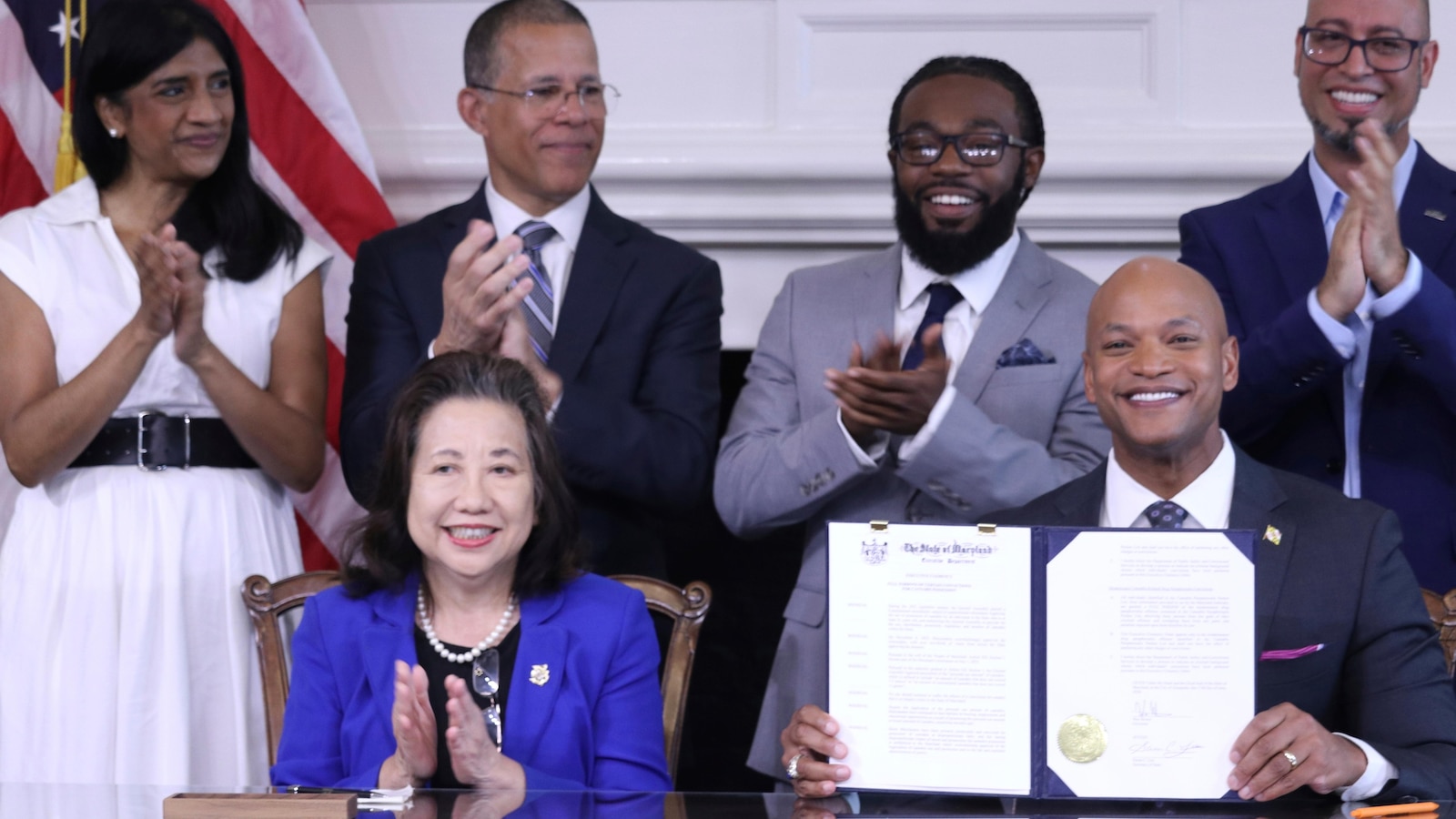Maryland Governor Wes Moore’s decision to issue mass pardons for low-level marijuana offenses is part of a broader effort to address criminal justice inequalities associated with a drug now legal in many areas. This movement, gaining traction under the Biden administration and in liberal states, aims to clear the records of those convicted of marijuana-related crimes, which disproportionately affect Black and Brown communities.
While 24 states and D.C. have legalized recreational marijuana, the implementation of remedies for past convictions varies widely due to state laws and political differences. Republican-led states often maintain stricter cannabis laws, and even aggressive expungement efforts don’t fully prevent past charges from affecting individuals’ employment and housing opportunities.
President Biden began pardoning individuals with minor marijuana convictions in 2022, extending pardons to thousands more and urging governors to do the same. This has raised hopes among advocates for broader cannabis justice. However, experts stress that these pardons are just a first step, as systematic racial inequities persist.
Over 2 million Americans have had their marijuana cases expunged or pardoned, but the true impact lies in automatic expungement, which Maryland is pursuing for misdemeanor marijuana possession cases. Despite these efforts, barriers remain, such as non-automatic expungements and records not fully disappearing, affecting background checks for jobs and housing.
Public opinion has shifted, with a significant majority now supporting legalization, including a substantial portion of Republicans. While marijuana policy isn’t a primary concern for most voters, it could influence elections. Some Republican-led states have begun to decriminalize the drug, but challenges in fully implementing these changes persist, reflecting the complexity of the U.S. justice system.

